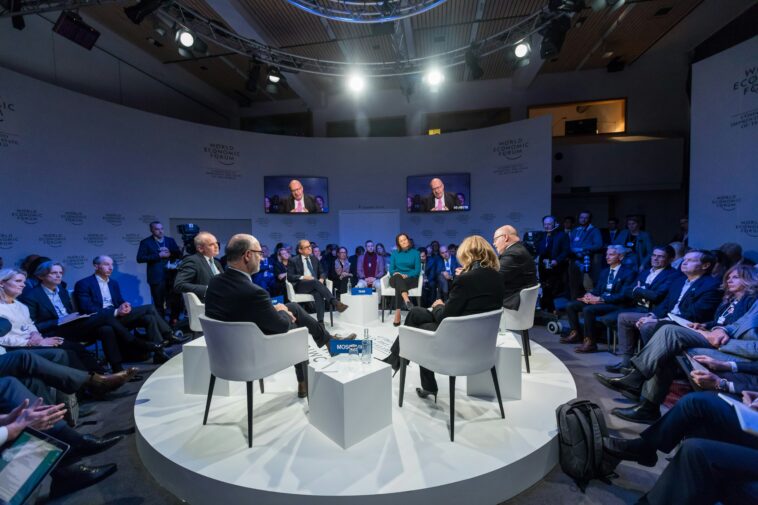South Africa expressed disappointment on Thursday after the Group of 20 talks it hosted on global economic issues concluded without reaching a consensus. Several high-ranking officials from different countries were absent, and delegates were significantly divided on key issues like climate finance. The two-day G20 meeting of finance ministers and central bankers, held in Cape Town, ended without a joint communique. However, a “chair’s summary” issued by the host noted that participants reaffirmed their commitment to resisting protectionism.
The summary further noted that participants had “supported a rules-based, non-discriminatory, fair, open, inclusive, equitable, sustainable, and transparent multilateral trading system,” incorporating several terms that the Trump administration had previously strongly opposed. South Africa had hoped to use the G20 as a platform to push wealthy nations to take more action on climate change, contribute more to poorer countries’ transitions to green energy, and reform a financial system that benefits investment banks while disadvantaging poor sovereign debtors.
However, the talks were overshadowed by the absence of several key finance chiefs, including representatives from the United States, China, India, and Japan, as well as foreign aid cuts by major economies like the United States and Britain, set against a backdrop of escalating geopolitical tensions.
South African Finance Minister Enoch Godongwana expressed his dissatisfaction, saying he was “not happy” that the G20 meeting could not produce a joint communique. “I’m not going to (name) any specific country, but climate issues are becoming a challenge for the first time,” he told Reuters after the release of the G20 summary.
“I think there is a view that we should prioritize other issues over necessary climate financing,” Godongwana remarked. In an earlier news conference, he acknowledged differing opinions on the path forward for climate action but emphasized that there was “general agreement against protectionism and economic fragmentation.”
Bank of Japan Governor Kazuo Ueda, speaking to reporters after the meeting, stated that “the broader G20 view was that if downside risks like geopolitical tension and supply chain disruptions materialize, that could hinder the G20 goal of achieving sustainable, balanced global growth.”
G20 countries represent 85% of global gross domestic product and 75% of international trade. The group was established in response to the 1999 Asian financial crisis to enhance cooperation in managing cross-border economic shocks.
The chair’s summary has become a common feature in multilateral meetings where participants fail to reach a formal consensus. Regarding the global economy, the summary highlighted that growth patterns varied across economies and mentioned that various risks and trends had been discussed during the meeting.
 We just launched our WhatsApp channel. Want to get the latest news from the Tech in Africa?
We just launched our WhatsApp channel. Want to get the latest news from the Tech in Africa?


